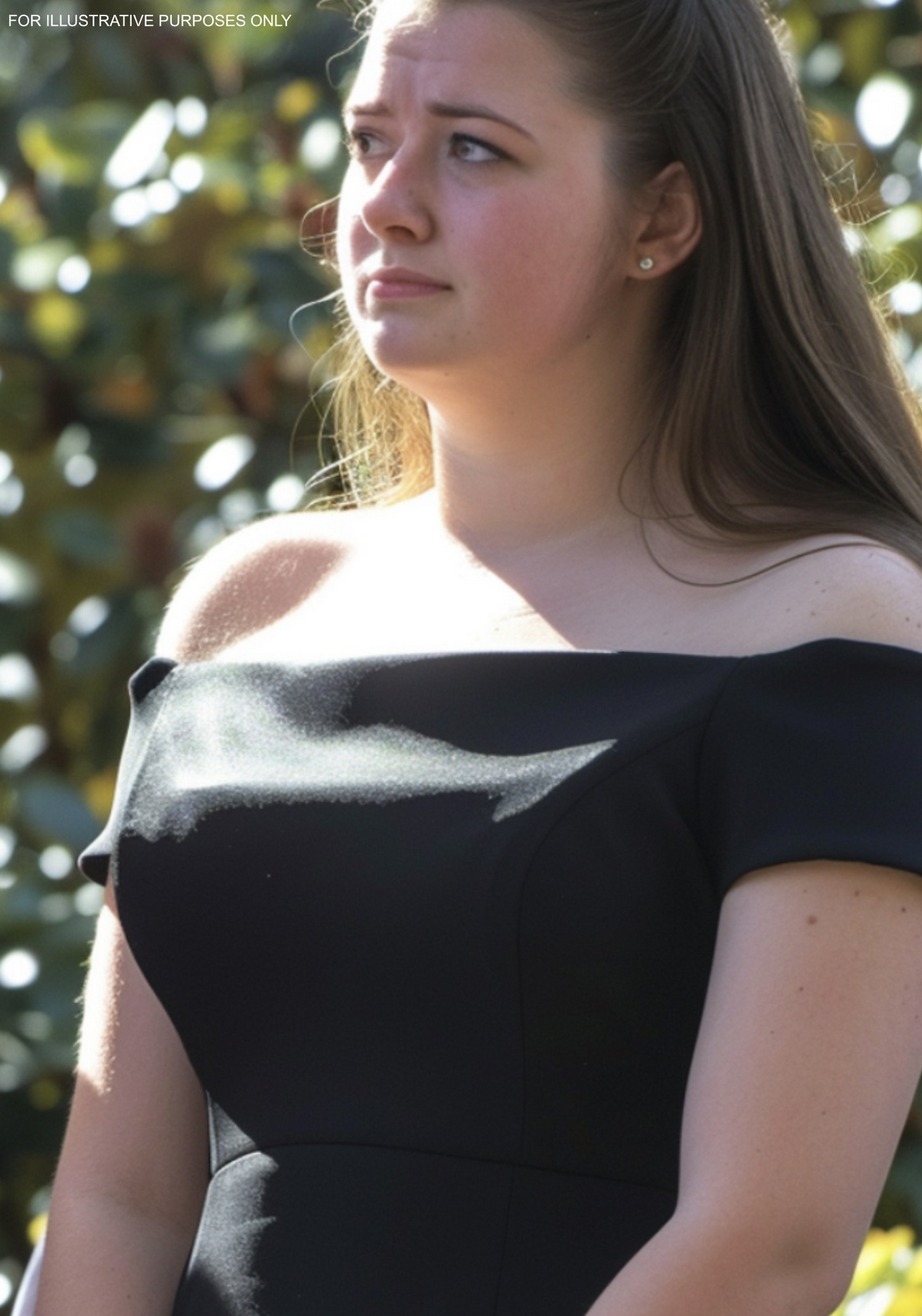I spent my childhood believing that my father had left us when I was just three years old. My mother never spoke of him, dismissing any mention of his name with a quiet, hurtful phrase: “He made his choice.” Every time I mustered the courage to ask about him, she would shut the conversation down as if even speaking of him would reopen wounds that had never fully healed. The silence around him left me with one painful truth: he simply didn’t want us.
By the time I reached twelve, the questions and the longing finally became too much to ignore. I asked again, “Why did he leave?” But her answer, as always, was cold and unfeeling: “He didn’t want us.” So, I continued to grow up without him, building my life from the gaps his absence had left behind.
Years later, a phone call I never expected completely shattered the narrative I had crafted about my father. A woman named Laura, her voice soft but urgent, told me that my father had passed away and invited me to his funeral. A rush of conflicting emotions flooded through me—anger, confusion, hesitation. Part of me had long since made peace with the idea of a life without him, yet another part wondered if there had been more to the story than my mother had ever let on.
After much inner turmoil, I decided to go. At the funeral, I watched strangers pay their respects to a man I had always assumed I would never know. After the ceremony, Laura approached me, holding a small silver key in her hand. With gentle persistence, she explained that my father had left something for me. Intrigued, I accepted the key, unsure of what it might unlock—a box of memories, a letter, or perhaps a glimpse into a life I had never known.
A few days later, I found myself sitting in a lawyer’s office, the sterile hum of fluorescent lights and the smell of polished wood surrounding me. There, I learned the truth that turned my world upside down. Documents revealed that my father had fought tirelessly for visitation rights, trying for years to be a part of my life. My mother, it seemed, had blocked every attempt he made. He had never stopped loving me or hoping that one day we would have a connection, despite her silence and his forced absence.
With trembling hands, I later opened a personal safe left for me. Inside, I found letters and birthday cards, all marked “Return to Sender” or “Undeliverable.” These were his heartfelt attempts to reach me, his wishes and words that had never meant to be lost but were kept hidden by forces beyond his control. Along with the letters, there were photos of a room he had decorated in his home—dedicated solely to me. Each memento was a testament to his enduring love, a father’s quiet hope that I would one day know how much he cared.
In the months that followed, I visited Laura and her family, and through our conversations, I began to piece together a picture of my father that was very different from the one my mother had painted. I learned of his gentle humor, his quiet dignity, and the deep regret he carried for the separation that had torn us apart. Slowly, the anger and bitterness I had held onto throughout my childhood began to melt away, replaced by a fragile peace. I finally understood that his love for me had always been real, though it had been blocked by circumstances I hadn’t fully understood.
Standing at the threshold of this new understanding, I felt a heavy weight lift from my chest. I had spent my life resenting an absence that wasn’t entirely his fault. It wasn’t abandonment—what I had misunderstood as neglect was, in reality, a tragedy of miscommunication and enforced silence. Now, with each letter he had written and every preserved memory, I realized that my father had wanted nothing more than to be part of my life. Finally, I allowed myself to release the anger and embrace the bittersweet truth—that he had always loved me, even if I hadn’t known it until it was too late.
